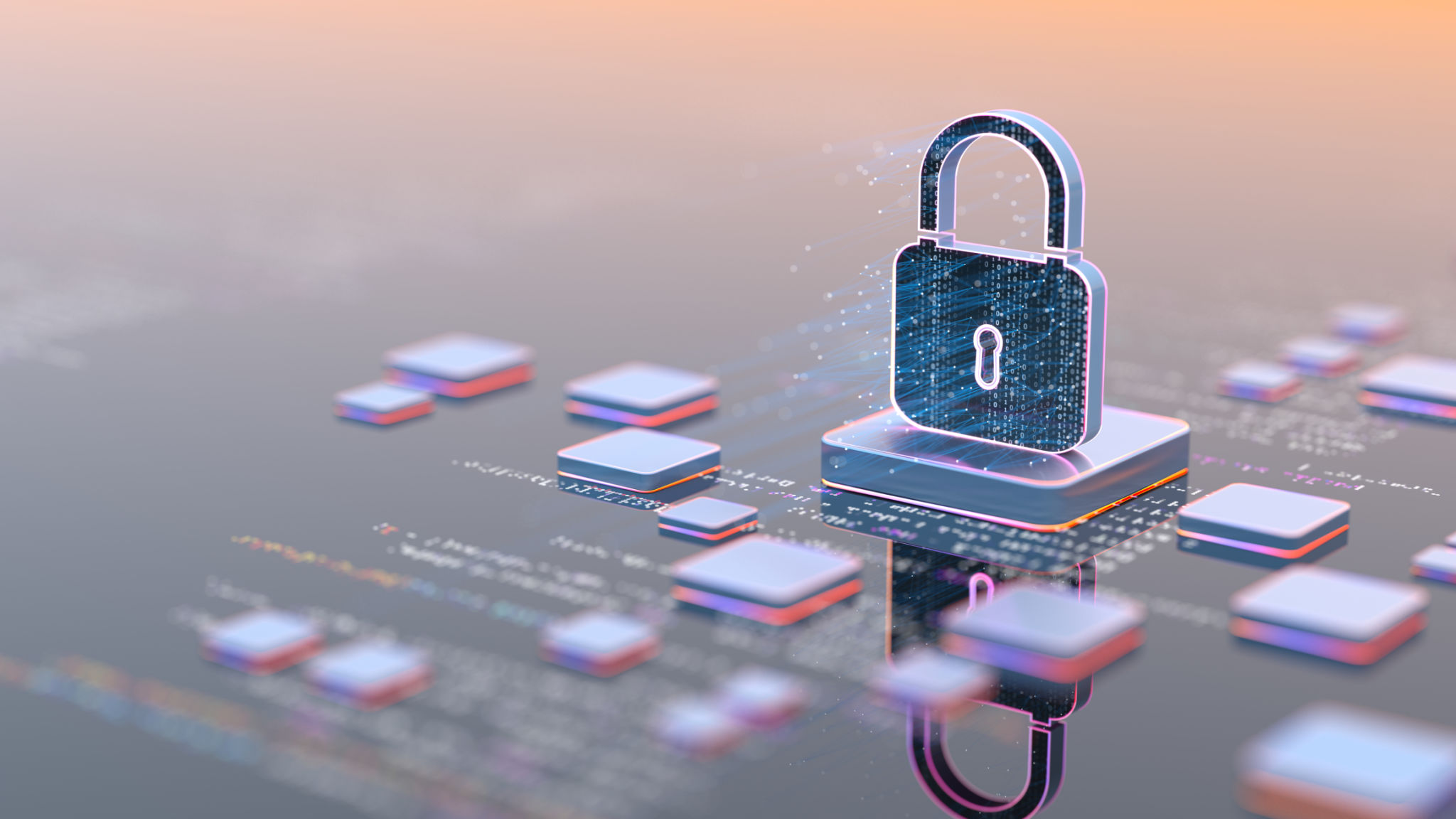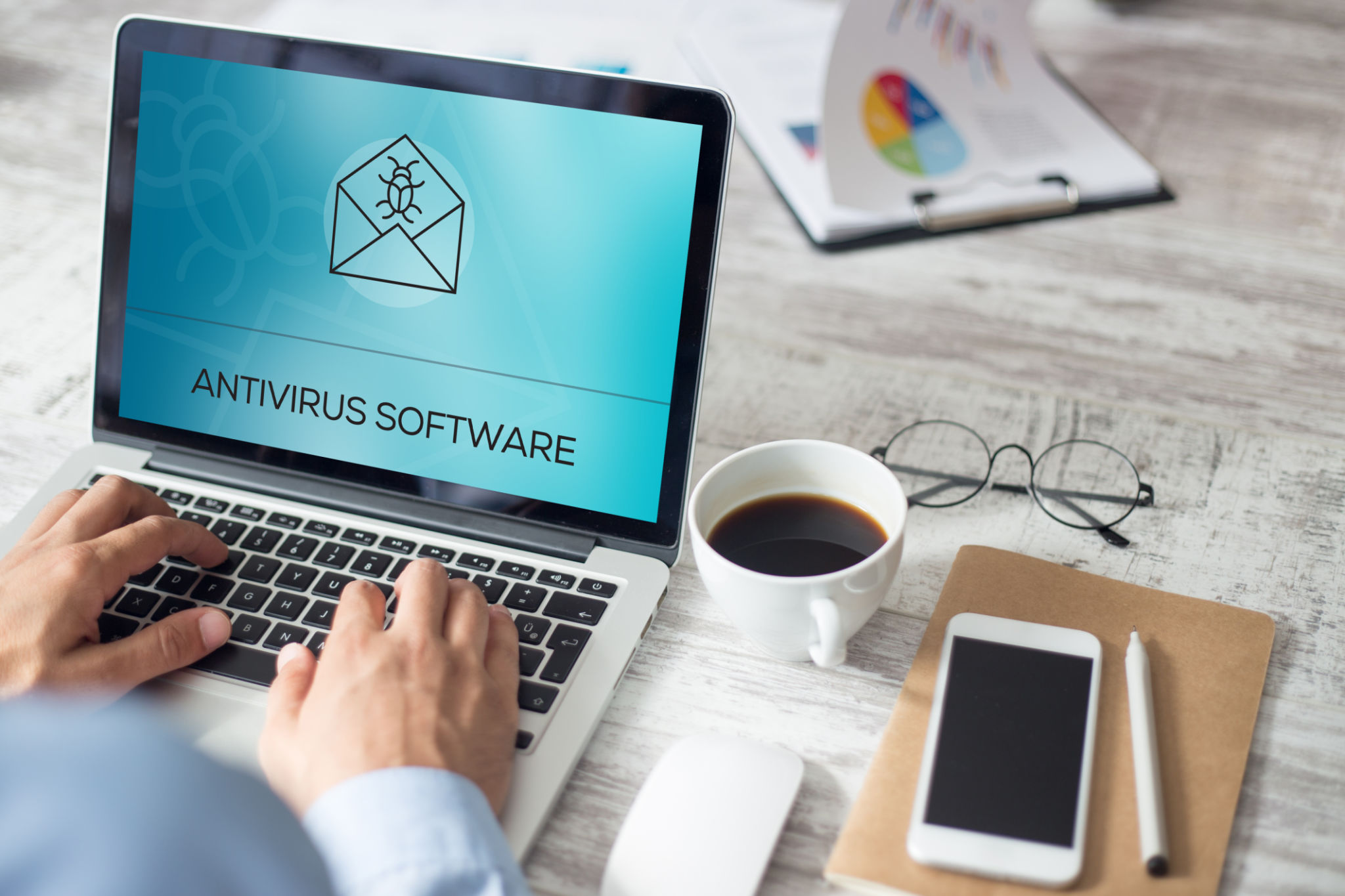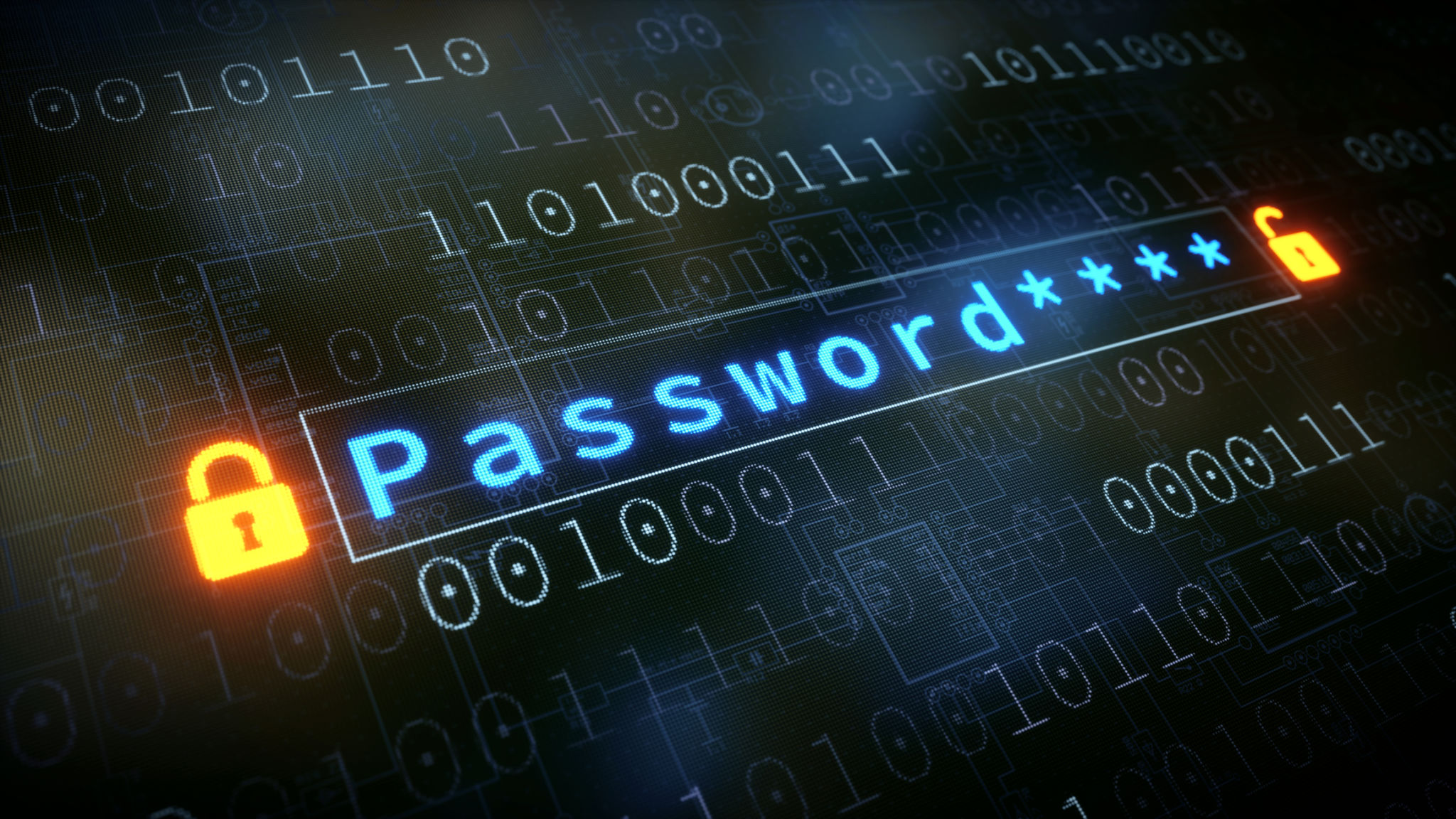Top 10 Myths About Cybersecurity Services Debunked
Understanding the Importance of Cybersecurity
In today's digital age, cybersecurity has become a critical aspect of protecting sensitive information. However, several myths persist that can lead to misunderstandings about the importance and effectiveness of cybersecurity services. In this blog post, we aim to debunk the top 10 myths associated with cybersecurity to help you better understand its significance.

Myth 1: Cybersecurity Is Only for Large Businesses
Many believe that only large corporations need to worry about cybersecurity. This couldn't be further from the truth. Small businesses are equally at risk and often more vulnerable due to a lack of resources. Cybercriminals often target smaller businesses precisely because they may not have robust security measures in place.
Investing in cybersecurity services is crucial for businesses of all sizes to protect their data and maintain customer trust.
Myth 2: Antivirus Software Is Enough
While antivirus software is an essential component of any security strategy, it is not sufficient on its own. Cyber threats are constantly evolving, and relying solely on antivirus solutions can leave you exposed to other types of attacks such as phishing, ransomware, and advanced persistent threats.

Myth 3: Cybersecurity Is Too Expensive
Many small businesses shy away from implementing cybersecurity measures due to the perceived high costs. However, this is a misconception. There are scalable and affordable cybersecurity solutions available that can be tailored to fit any budget. The cost of a cyber attack far outweighs the investment in preventive measures.
Myth 4: Strong Passwords Are All You Need
Although strong passwords are a fundamental aspect of cybersecurity, they are not a panacea. Cybersecurity requires a multi-layered approach that includes firewalls, encryption, and regular software updates to ensure comprehensive protection.

Myth 5: Only External Threats Matter
It's a common misconception that cybersecurity threats only come from external sources. In reality, insider threats can be just as damaging. Employees may inadvertently or maliciously compromise data security, highlighting the need for robust internal policies and regular training.
The Role of Education in Cybersecurity
Education plays a pivotal role in bolstering an organization's cybersecurity posture. Regular training sessions on recognizing phishing attempts, secure password practices, and data handling protocols can significantly reduce the risk of cyber incidents.

Myth 6: Cybersecurity Is a One-Time Fix
Cybersecurity is not something you can set and forget. It requires continuous monitoring and updating as new threats emerge. Regular audits and vulnerability assessments are essential to identify and address potential weaknesses in your defenses.
Myth 7: Public Wi-Fi Is Safe If Password Protected
Even if a public Wi-Fi network is password-protected, it doesn't mean it's secure. Hackers can set up fake hotspots or intercept data on public networks. Using a VPN is advisable when accessing sensitive information on public Wi-Fi to ensure your data remains private.

Myth 8: All Cybersecurity Solutions Are the Same
No two cybersecurity solutions are identical. Each offers different features tailored to specific needs and threats. It's vital to assess your unique security requirements and select a solution that addresses them effectively.
The Future of Cybersecurity
The landscape of cybersecurity is ever-changing, with new technologies and threats emerging continually. Staying informed about these developments can help businesses adapt their strategies accordingly and remain secure in the face of evolving challenges.

By debunking these myths, we hope to have shed light on the true nature of cybersecurity services. Understanding these realities is a critical step in building robust defenses against cyber threats.